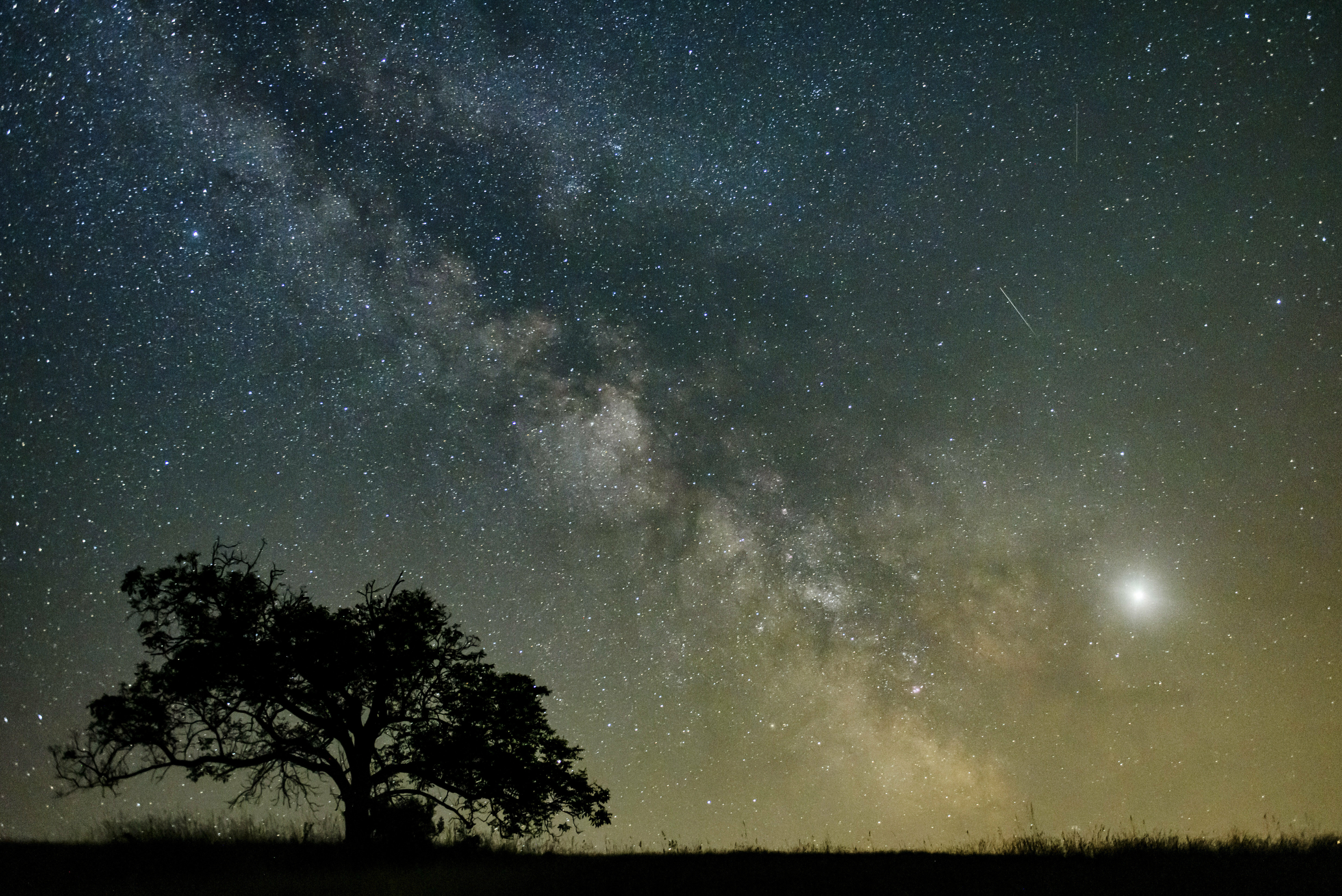A new analysis of the most energetic light sources in our galaxy may have provided scientists with a shocking revelation. According to a new paper accepted for publication in Astronomy & Astrophysics, star formation in the Milky Way is happening at a much higher rate than current estimates. As such, our galaxy may not be as dormant as scientists thought.
This discovery is exceptional because it fundamentally changes what we know about the rate at which our galaxy could be expanding. Galaxies expand, with stars being birthed and dying as time goes on, releasing energy and mass into the universe. Based on these new findings, scientists believe the Milky Way’s rate of star formation may be four to eight times more than the mass of the Sun per year.

That might not seem like a huge number, but the change is quite noticeable when you consider that the increase is two to four times more than the current estimates. Further, it has huge implications for how our galaxy is evolving since the rate at which stars form and die can drastically change a galaxy’s composition.
That’s because stars are essentially factories within our universe, churning out matter and energy. By having a better idea of the rate of star formation within the Milky Way, astronomers can better understand how our galaxy might evolve as time goes on. This will be especially helpful as scientists work to open new doors to understanding our universe.
It isn’t the first time that something about the Milky Way has baffled scientists. Other reports of strange objects circling the Milky Way’s black hole and the discovery of the Milky Way’s ancient heart have also helped open humanity’s eyes to the changes going on within our little slice of the universe. And with James Webb and other telescopes, we could soon learn more about those things, too.








